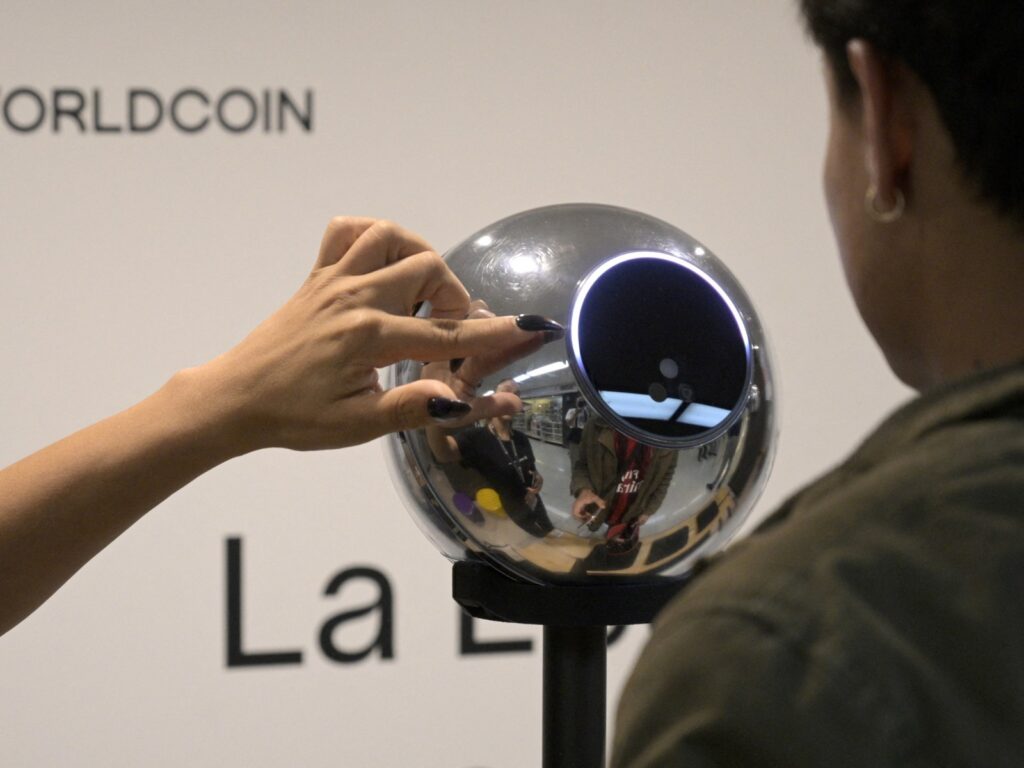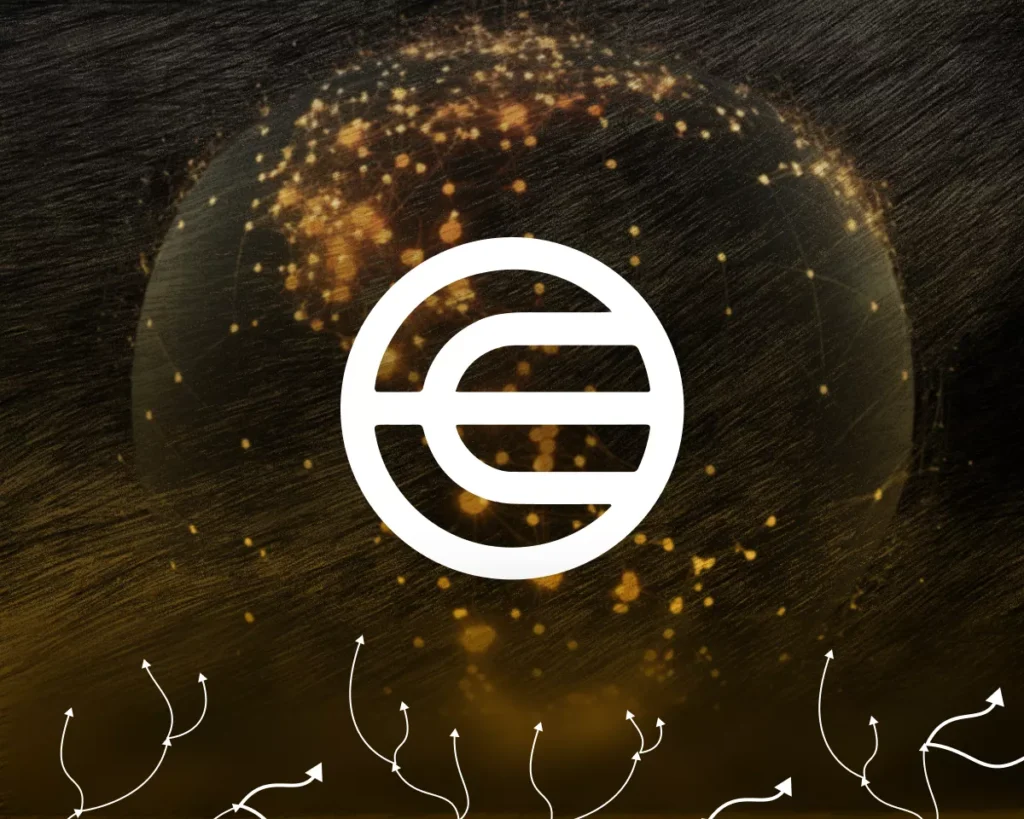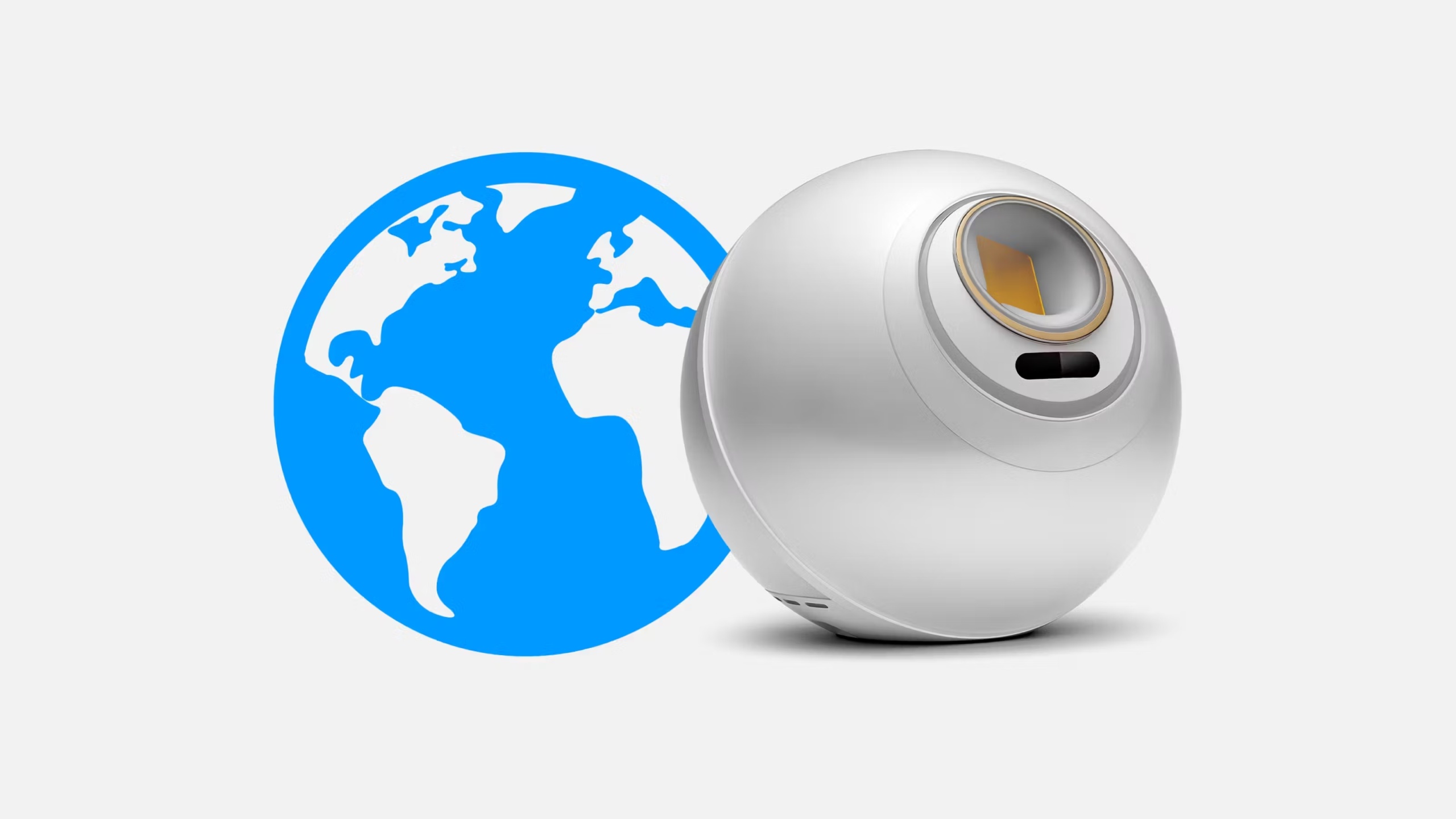In the world of digital identity verification, few projects have generated as much buzz—and controversy—as Worldcoin. Co-founded by OpenAI CEO Sam Altman, the project promised to revolutionize how we prove our humanity online. By using biometric data—specifically, iris scans—Worldcoin aimed to create a universal “proof of personhood” system, giving people the ability to verify their identity online without traditional forms of ID. In exchange for scanning their eyes with a device known as “The Orb,” users received a digital identity called World ID and a share of the Worldcoin cryptocurrency (WLD).
However, despite its innovative approach, Worldcoin has encountered significant hurdles, most notably in the form of privacy concerns and regulatory backlash. As the project’s reach grew, so did scrutiny over its handling of sensitive biometric data. In this post, we explore the rise of Worldcoin, the controversies it has faced, and the challenges it continues to encounter on its journey toward mass adoption.
The Vision Behind Worldcoin

Worldcoin was introduced with an ambitious vision: to provide a universal and verifiable digital identity for everyone on the planet. As the world moves towards a more digital existence, the need for secure online identification systems has become more pressing. Traditional methods of verifying identity—like using passwords, emails, or social media profiles—are becoming outdated and insecure.
Worldcoin aimed to solve this by collecting biometric data—specifically, iris scans—to verify whether someone is human. The idea was simple: if you could prove you were a real human being, you could gain access to certain digital services and opportunities, such as financial services, without relying on government-issued IDs. The project quickly gained attention, attracting millions of users who eagerly lined up to have their irises scanned.
However, despite its early success in reaching over 10 million verified users, things started to unravel as privacy concerns and regulatory issues emerged.
Privacy Concerns and Regulatory Backlash
The core of Worldcoin’s issues lies in its collection of biometric data. Biometric data—like fingerprints or iris scans—are highly sensitive and personal, and their collection has raised significant concerns. While the project promised that data would be securely stored and used solely for identity verification, it was impossible for many to ignore the risks involved with such data.
In 2024, Spain’s Data Protection Agency intervened, ordering Worldcoin to stop collecting biometric data and to block all data already collected. The agency cited violations of local data protection laws, highlighting concerns over the potential for misuse of sensitive personal information. Spain was not the only country to take action—Hong Kong and Kenya also suspended Worldcoin’s operations, citing concerns about privacy breaches and the use of biometric data for training AI models without sufficient consent.
Regulators around the world have expressed discomfort with the idea of a private company collecting such sensitive information. Critics argue that, even with the best of intentions, the handling of biometric data—especially when it’s stored in centralized servers—creates risks of data breaches, unauthorized access, or potential exploitation.
Rebranding and Strategic Shifts

In response to the growing criticisms, Worldcoin made efforts to rebrand itself. In late 2024, the project adopted a new name, “World,” and introduced an updated version of its Orb device. The new Orb was designed to be simpler, more cost-effective, and, crucially, more compliant with regulatory standards. This shift was a direct attempt to rebuild public trust and address some of the concerns raised by privacy advocates.
While these changes were seen as a step in the right direction, they did little to resolve the broader issues that continue to plague the project. Despite rebranding, skepticism remains about Worldcoin’s long-term viability. Will users trust a project that’s built on a foundation of biometric data? Can Worldcoin ever fully reconcile its ambitions with the global regulatory landscape?
Adoption Challenges
The road to widespread adoption has been rocky for Worldcoin. While the concept of a universal digital identity is appealing in theory, it hasn’t translated into mass adoption, especially when privacy concerns are at the forefront.
1. Privacy and Trust Issues
The collection of biometric data remains a significant hurdle. While Worldcoin claims it has secure systems in place to protect user data, the idea of having one’s biometric data stored by a private company is a hard sell for many people. Even with the promise of secure encryption and decentralized storage, users may remain hesitant to trust the project, particularly when there’s a lack of clarity on how the data will be used in the future.
2. Regulatory Obstacles
As more governments scrutinize Worldcoin’s operations, it’s clear that regulatory compliance will be one of the biggest challenges the project faces. Different countries have different rules when it comes to data protection and biometric information. For example, in Europe, GDPR (General Data Protection Regulation) sets stringent requirements on how personal data must be handled, and Worldcoin’s current practices may not fully align with these laws. The project has already faced several regulatory challenges and is likely to encounter more as it attempts to expand into new regions.
3. Ethical Questions
There are also ethical concerns around the collection of biometric data. Critics argue that requiring people to submit their iris scans in exchange for access to a digital ID and cryptocurrency creates an unequal power dynamic, especially in developing countries where people may not fully understand the implications of such data collection. Questions of consent, exploitation, and potential misuse of data have fueled debates about whether Worldcoin’s model is ethically sound.
4. Technological Barriers
On the technological side, Worldcoin relies on specialized hardware (the Orb devices) to collect biometric data. This presents logistical challenges in terms of distribution, accessibility, and cost. While Worldcoin initially focused on cities and high-tech hubs, the project’s reach remains limited in rural and underdeveloped areas, where access to such technology is either impractical or unavailable.
The Road Ahead for Worldcoin
Worldcoin’s journey serves as a cautionary tale in the intersection of innovation, privacy, and regulation. While the concept of a universal digital identity tied to blockchain technology remains appealing, the reality is far more complex. As Worldcoin continues to expand, it will have to navigate the difficult terrain of regulatory compliance, public trust, and global privacy standards.
The road ahead is fraught with challenges, but the future of Worldcoin will depend on whether the project can overcome these obstacles and convince users and regulators that biometric data collection is not only secure but also essential for the digital age. Whether Worldcoin can reinvent itself and regain public trust remains to be seen—but one thing is clear: the project has sparked a larger conversation about privacy, data rights, and the future of digital identity.




Comments are closed